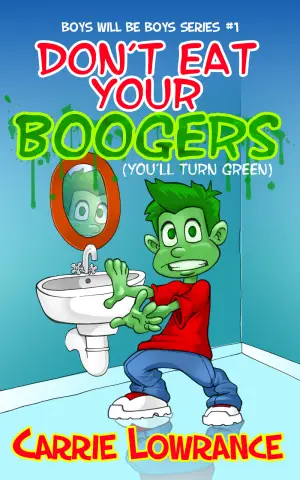Review of Dopamine Nation: Finding Balance in the Age of Indulgence by Anna Lembke
From the moment I caught wind of Dopamine Nation, I was captivated. Anna Lembke, a notable psychiatrist and author, promises to unravel the complex tapestry of pleasure and addiction in our modern lives, echoing the concerns many of us have about our ever-increasing indulgences. I was eager to dive in—after all, a close friend had praised it as a revelation. However, I emerged from its pages feeling rather disillusioned; the book often treads familiar, shallow territory rather than exploring the depths of its topic.
Lembke’s central thesis revolves around the notion that we live in an era saturated with instant gratification—an idea that resonates with many of us. However, I found her analysis overly simplistic, treating various obsessions and bad habits as “addictions” without sufficient context or depth. It felt as if she approached the topic as an observer of addiction rather than a nuanced interpreter. Instead of grappling with the systemic and societal roots of addiction, Lembke leans heavily towards moralizing and individualistic solutions that echo the ideals of her affluent circles in Silicon Valley.
Throughout the book, Lembke references studies, such as the well-known rat experiments that illustrate addiction’s relationship with environmental factors. Yet, she misses an opportunity to draw meaningful connections to human experiences, especially regarding poverty. As a reader, I found myself wanting her to explore the lives of those struggling beyond the privileged enclaves of her narratives. It was disheartening to see her establish a divide, implying that people who face systemic barriers to health and happiness are merely choosing to indulge without acknowledging their difficult circumstances.
Another issue that nagged at me was Lembke’s tendency to equate fleeting passions with full-blown addictions. Her personal anecdotes often compare her mild obsessions with the much graver challenges faced by her clients. This inversion diminishes the complexity of addiction, reducing it to mere idiosyncrasies of wealthier individuals. It was challenging to reconcile her views, especially when she suggested that those facing addiction could simply benefit from the same strategies employed by her upscale clientele.
The writing itself is accessible, yet there’s a nagging sense of moral superiority woven into the fabric of her prose. I couldn’t help but cringe at moments when Lembke veered toward an almost puritanical belief that pleasure should be sacrificed for the sake of balance. This perspective seemed particularly tone-deaf, given the realities faced by many Americans who are already grappling with low levels of joy due to economic and social issues.
In summary, while Dopamine Nation seeks to impart wisdom on managing pleasure and preventing addiction, it too often falls into the trap of oversimplification and moralizing from a privileged perch. If you’re looking for a deep dive into the multifaceted nature of addiction, particularly its societal implications, you might walk away feeling shortchanged. However, for those interested in a surface-level examination of pleasure and the importance of self-regulation, this book might still hold some appeal.
Ultimately, reading Dopamine Nation left me reflecting on the complexities of addiction and the critical importance of empathy, particularly in our discourse on mental health. While Lembke may be well-meaning, I yearn for narratives that acknowledge the vast, lived experiences of those outside affluent circles—stories that are clearer about the disheartening realities many endure daily.
Discover more about Dopamine Nation: Finding Balance in the Age of Indulgen… on GoodReads >>











